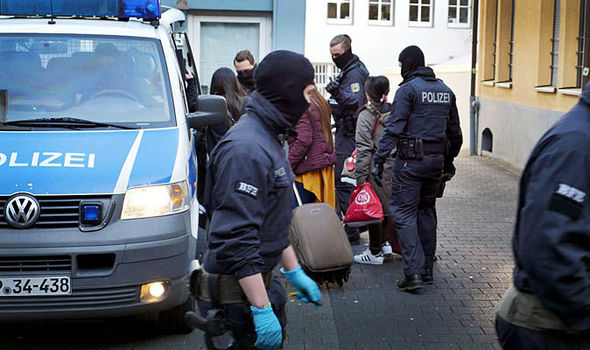The German federal police are preparing for increased searches along several sections of the country’s border in a strike against human traffickers.
They are implementing an order from Interior Minister Horst Seehofer.
The minister, who at the end of September had not only announced an extension controls with Austria but also announced intensified random checks on other parts of the border.
This decision was made for migration and security reasons, the ministry spokesman Steve Alter said on Friday in Berlin.
Citing a letter from the federal police headquarters in Potsdam next to Berlin, the news magazine Spiegel reported that the aim of the searches is also to recognise the smugglers’ hitherto unknown methods and “criminal structures.”
According to a recent survey, the majority of the German population approves of more intensive border checks.
The authorities have registered 26,490 unauthorized entries into Germany between January and August this year.
In August there were 3,300 of which less than a third, or 929, occurred via the Austrian border.
Dragnet or random, checks are covert border police measures that take place without concrete cause or suspicion.
However, they do need an objective, such as the prevention of unauthorised entry.
What the government is currently focusing on is the so-called secondary migration to Germany.
This refers to the forward journey of asylum seekers from one EU member state to the next.
Random checks by the authorities are permitted up to 30 kilometres inside German territory.
Critics of this type of covert search find it a contradiction of the principles of the free movement of people within Europe’s border-free Schengen area.




 Premier League
Premier League